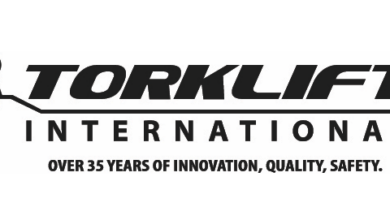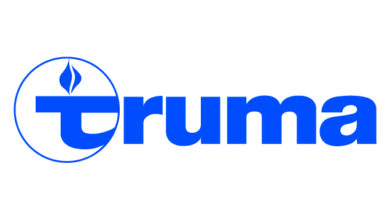Auto Suppliers Asked to Press Congress Over NAFTA
A panel of trade experts last Wednesday urged auto suppliers to mobilize politically and rescue NAFTA as negotiations with Canada and Mexico continue to sour over hardline U.S. positions.
This story by Eric Kulisch originally appeared on Automotive News Canada.
The automotive supply chains that have evolved over the past 23 years under duty-free shipping rules that encourage cross-border investment are in jeopardy from a Trump administration focused on economic nationalism and reducing the manufacturing trade deficit.
Private sector interests now realize they can’t convince the White House of NAFTA’s economic benefits and are looking toward Congress as a bulwark against any potential attempt to withdraw from NAFTA.
Kellie Meiman, managing partner at Washington, D.C.-based McLarty Associates and a former U.S. trade negotiator, said automakers, suppliers and other industries must band together and make the case to members of Congress, especially those on the Senate Finance Committee and House Ways and Means Committee, and delegations from states that rely heavily on trade with Mexico and Canada.
Congress could hold the keys to any ultimate disposition of NAFTA because even if President Donald Trump executes a withdrawal provision, only Congress could unravel domestic laws that implemented U.S. obligations, but how such an unprecedented process would unfold is legally murky, according to trade attorneys.
Flavio Volpe, president of Canada’s Automotive Parts Manufacturer’s Association, said he is making frequent trips to Washington and using the media to let lawmakers know that taking protectionist measures against Canadian imports will injure U.S. companies, too, noting that Canadian suppliers have established 150 plants with 46,000 jobs since NAFTA was enacted.
U.S. politicians need to realize that if NAFTA unravels, China will be the big winner and the domestic auto industry will suffer, Volpe said. He warned that the rapidly growing Chinese auto industry will corner the market on electric vehicles that can be sold at mass-market prices, as it did with solar panels, and import them to the U.S. in large quantities.




